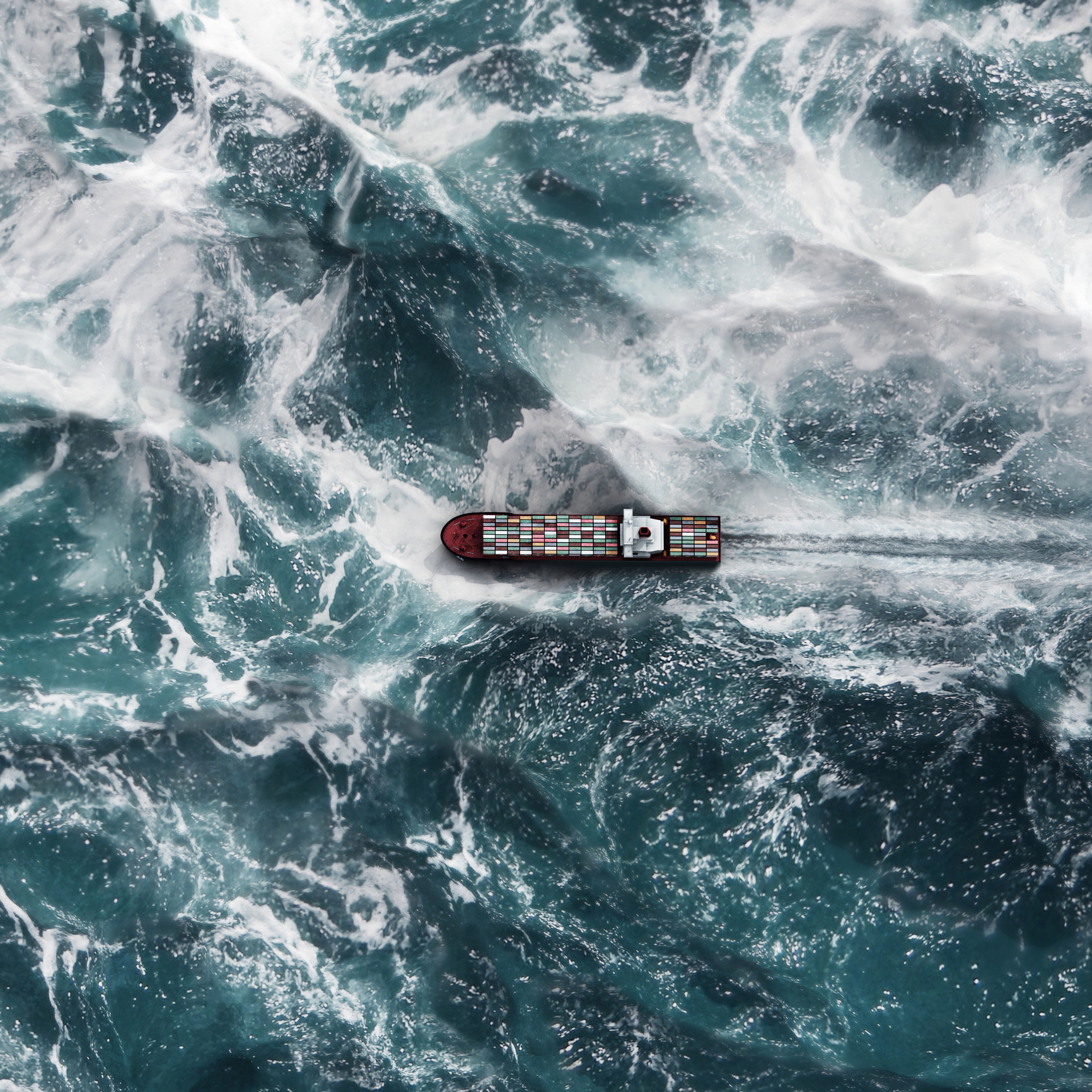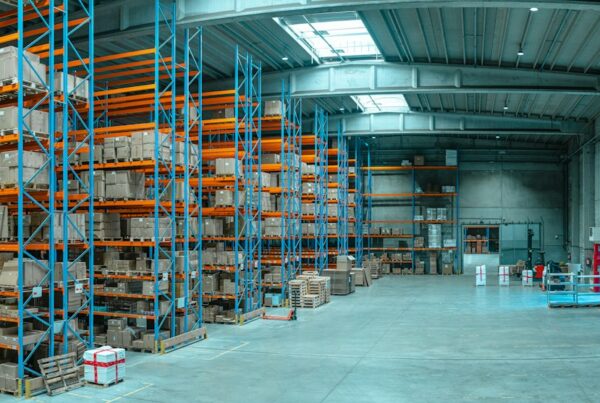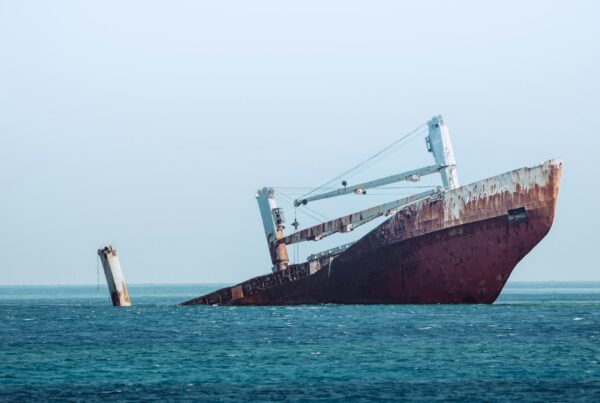International cargo is more often than not considered multimodal cargo, or freight requiring multiple modes of transportation between origin and destination. Air, sea, truck or rail, inevitably there is a minimum of two, most often three and in some rare occasions all four, required to move cargo between shipper and consignee. Should something happen to the cargo in transit, the natural reaction is to assume that if there is loss or damage, the responsibility to make the cargo owner whole falls to whomever was left without a chair when the music stops.
The similarities between cargo insurance and any other personal or business policy you or your company might have ends, however, with the words “insurance” and “subrogation”. Each of those modes of transportation we mentioned above has their own limitation of liability, and the compensation each is responsible for is both different and often insufficient to make a cargo owner whole.
Enter cargo insurance.
Cargo insurance is an all-risk policy where a loss occurring anywhere between the shipper and consignee is paid by the insurer. BDG International is experienced in both placing cargo insurance and, when a claim occurs, submitting a claim to the insurer and directly seeking subrogation from the responsible party or parties.
The most common reasons to have a cargo claim are usually loss, damage or breakage. In our experience, many cargo claims can be avoided by simply doing three things. First, the goods must be packed in the containers of proper strength and weight. Second, cargo moving inside of a container must be properly loaded, blocked and braced. Third, shippers should consider the forces exerted on a shipment during transit and pack accordingly.
Airfreight is limited to transport by truck and by plane and not subjected to the same violent forces as an ocean shipment. Ocean cargo experiences a vessel’s pitch, yaw, rising and falling. If moving by rail, there is also the jarring forward and backward motion of a freight train.
Cargo insurance protects shippers in the event containers are lost at sea in a storm such as what happened on the Pacific with the ONE Apus in 2020 when more than 2,000 containers were lost overboard.
What happens if there isn’t a loss or damage, but instead something happens to an ocean vessel? The rule of General Average is brought to the fore – and cargo owners who have had shipments on two ruefully famous Evergreen vessels in the past two years are intimately acquainted with this. Both the perpendicularly stuck-in-the-Suez Ever Given and the recently floated Chesapeake Bay mud-trapped Ever Forward created General Average situations where the salvage and other costs to repair a vessel are borne by each and every cargo owner aboard ship.
Without cargo insurance, a cash bond must be posted and is held until such time as the final General Average amount and settlements are reached – a process that takes years. With cargo insurance, a specialty cargo insurer like ours takes care of ensuring that when the cargo can be discharged, it happens without delay or impediment pending that financial guarantee.
Supply chains have never faced greater challenges and the bunching and gathering of vessels at ports, truck shortages, rail congestion, and other bottlenecks create conditions for cargo claims to flourish. The importance of cargo insurance has never been greater, and we encourage importers and exporters to ask for a quote on cargo insurance for their shipments today.



